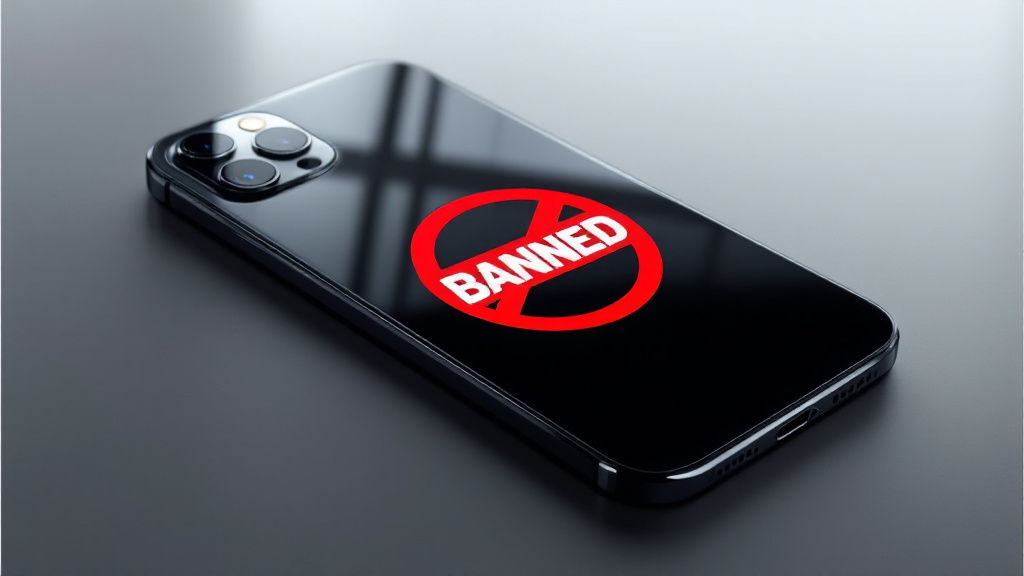Indonesian authorities have officially banned iPhone 16 handsets in the country, including those imported from abroad, which are now deemed illegal. The ban comes after Apple fell short of its promised investment commitment by approximately $15 million, highlighting the growing tensions between global tech giants and emerging market regulations.

According to Indonesian authorities, Apple invested only 1.48 trillion rupiah ($94 million) of its promised 1.71 trillion rupiah ($109 million). This shortfall prevented the company from obtaining the crucial Domestic Component Level (TKDN) certification, which requires devices sold in Indonesia to contain at least 40% local content.
Dr. Sarah Chen, a technology policy expert at the Southeast Asian Technology Institute, explains: “This situation exemplifies the delicate balance multinational companies must strike in emerging markets. Indonesia’s stance sends a clear message about the importance of fulfilling local investment commitments.”
The roots of this conflict trace back to earlier discussions between Apple CEO Tim Cook and Indonesian President Joko Widodo, where Apple committed to establishing research and development facilities in the country. However, these promises remained largely unfulfilled, leading to the current impasse.
For Indonesian consumers, the implications are significant. Any iPhone 16 sold within the country is now considered illegal, including devices imported for personal use. The ban extends beyond just the iPhone 16, as The Verge notes that the Apple Watch Series 10 is also affected, with Indonesia currently refusing to certify any new Apple devices.
Market analyst James Rodriguez notes: “With Indonesia’s smartphone market growing rapidly, Apple’s absence could significantly benefit competitors like Samsung and Xiaomi, who have already established local manufacturing presence.”
The ban represents more than just a regulatory hurdle; it’s a testament to Indonesia’s growing economic influence and its determination to leverage its market of 270 million people to boost domestic industry. The government’s stance has garnered mixed reactions, with some praising the push for local investment while others worry about potential impacts on foreign investment sentiment.
Indonesian Ministry of Trade spokesperson Maya Widjaja states: “We remain open to dialogue with Apple, but compliance with our investment regulations is non-negotiable. These requirements exist to develop our local technology ecosystem.”
As this situation unfolds, the global tech industry watches closely, recognizing that Indonesia’s actions could set precedents for other emerging markets seeking to balance foreign investment with domestic development goals.















